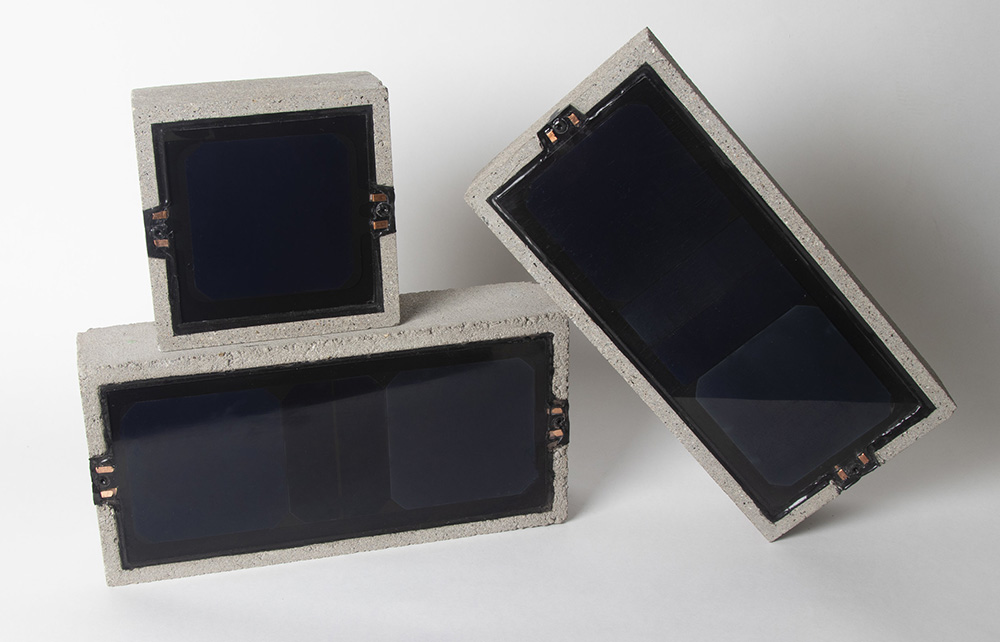Q&A with Bianchi of Solect Energy: Importance of proactive maintenance of solar energy systems

Solect Energy
Starting this summer, Massachusetts is altering its solar incentive policies with changes that will better suit real estate developers and property owners with tenant occupied buildings, than the previous SREC program.
With the expected growth of solar energy systems in the real estate sector, we thought it would be helpful to take a look at an often overlooked, but critical part, of owning a solar energy system–maintenance.
To find out more we have a Q&A with Steve Bianchi, senior vice president and general manager of customer services at Solect Energy.
Q. Why do you expect the new Massachusetts solar incentive program to create more opportunities for property owners?
A. Under the old incentive program, the energy produced by a solar system generally had to be used on-site by the entity occupying the building, which is referred to as a behind-the-meter system. Under the new Solar Massachusetts Renewable Target (SMART) incentive program, property owners have the option to build a “standalone” system, where the power is fed to the grid and the solar owner gets paid directly for the energy produced. At 20 years, the payment period is longer and more predictable, making solar projects easier to finance. Like the old incentive program the new one is a great fit for owner-occupied buildings, but it now makes the much larger market of tenant-occupied buildings more attractive, since property owners no longer have to act as a utility to the tenant and deal with the associated billing.
Q. Do solar energy systems break down?
A. With no moving parts, solar energy systems are pretty robust. However, owners should not be lulled into complacency. Some problems, like a tree falling on your roof, are easy to identify. But other problems may not be visible to the owner. If something goes wrong that causes the efficiency of the system to decline, like a problem with the inverter, owners are often not aware that there is an issue. Sometimes it can go undetected for months, costing valuable revenue. Many times the owner won’t find out until they get their quarterly check from the utility and discover that it’s a lot lower than what it should be.
Q. So how can a solar owner determine if their system is running at peak efficiency?
A. Without the proper software and diagnostic tools it is difficult for owners to determine if their systems are operating at peak efficiency. However, with an energy services agreement, owners can solve this problem by having professionals monitor the system on a 24/7 basis and perform proactive maintenance to prevent any surprises and keep the system operating at peak capacity. If there is a problem it can be quickly identified and brought back on-line. For example, in the last storm we identified an outage for a customer on Sunday, and scheduled a crew to repair it on Monday. Without the monitoring, the owner may not have even known there was a problem and would likely have had a hard time getting it repaired quickly after a major Nor’Easter.
Q. Are service agreements a good idea?
A. Our experience tells us that preventing or fixing even one significant problem can pay for the entire contract. You also need to remember that it’s more than just proactive system maintenance and quickly fixing problems. There are many other opportunities to enhance your ROI; for example, handling the billing and utility interaction is another area where a service agreement can produce dividends. Utility bills are famously complicated and having a third party to verify whether you’re receiving the full value for the power you’re producing, and to catch billing discrepancies is important. Based on the information on your utility bill, a services provider might recommend certain adjustments be made to your system based on your tariff, your energy requirements, new incentives and new technologies like energy storage.
Property owners understand the importance of maintaining their assets and this is equally true for solar energy systems. A properly maintained and serviced system will be more efficient, produce more revenue and will maximize the system’s ROI and resale value.
Steve Bianchi is senior vice president and general manager of customer services at Solect Energy, Hopkinton, Mass.
Bridgeport implements energy efficiency plan with utility partners and regional business council





.png)